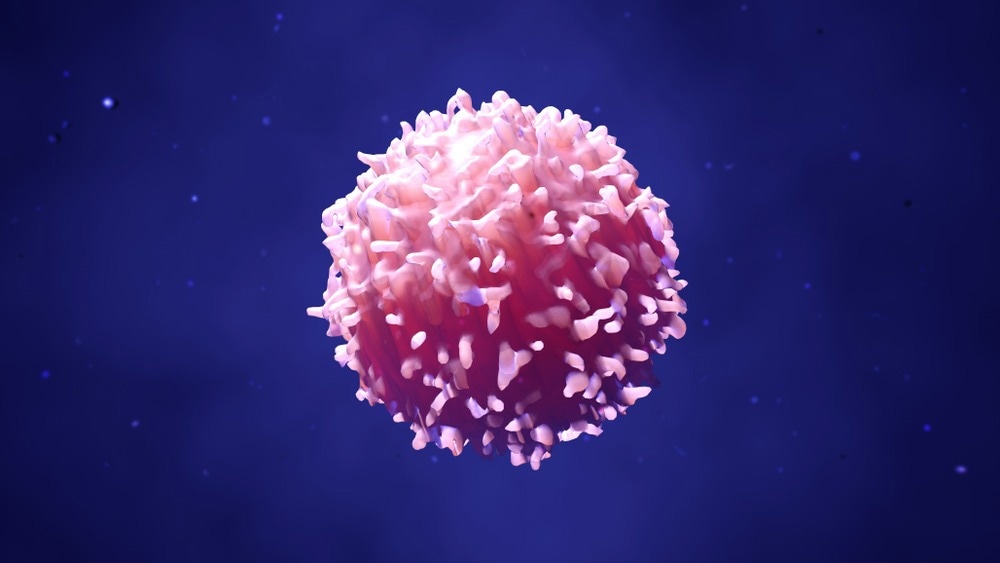FFF-MALS is a powerful tool for characterizing lipid nanoparticles encapsulating RNA for delivery in gene and cell therapies. This article describes the development of a validated FFF-MALS protocol for LNP-RNA which can meet regulatory needs.

Image Credit: ShutterStock/Design_Cells
Field-flow fractionation coupled to multi-angle light scattering, or FFF-MALS, is a powerful analytical tool that is used for the detailed characterization of bionanomaterials such as lipid nanoparticles and viral vectors.
No stationary phase is required during fractionation, ensuring gentle size-based separations for particles from 1 to 1000 nm. The optimal separation range can be fine-tuned to specific measurement parameters.
The flexibility of this system enables measurements of a wide range of novel pharmaceutical products such as monoclonal antibodies, nanomedicines and mRNA-based vaccines. However, the FFF-MALS protocol must satisfy accepted standards and strict regulatory requirements for use in quality control applications.
To move FFF-MALS into quality control labs, there is a need for validated methods. The white paper from Wyatt Technology presents the development and validation of a robust FFF-MALS protocol that follows the ISO/TS 21362 technical specification and demonstrates good results for RNA-LNP.

 Click here to read the full article
Click here to read the full article
About Wyatt Technology
 With a long history of excellence in scientific instrumentation, Wyatt Technology is the recognized leader in innovative light scattering instruments, accessories and software for determining the properties of macromolecules and nanoparticles in solution. Wyatt's cutting-edge solutions determine the size, physical titer, payload and zeta potential of nanoparticles, as well as the molar mass, size, conformation, conjugation and interactions of macromolecules. With a staff composed of 25% Ph.D. scientists and many more dedicated and experienced support personnel, Wyatt's aim is to delight its customer with the best products, training, customer support and service available in the industry.
With a long history of excellence in scientific instrumentation, Wyatt Technology is the recognized leader in innovative light scattering instruments, accessories and software for determining the properties of macromolecules and nanoparticles in solution. Wyatt's cutting-edge solutions determine the size, physical titer, payload and zeta potential of nanoparticles, as well as the molar mass, size, conformation, conjugation and interactions of macromolecules. With a staff composed of 25% Ph.D. scientists and many more dedicated and experienced support personnel, Wyatt's aim is to delight its customer with the best products, training, customer support and service available in the industry.
Sponsored Content Policy: News-Medical.net publishes articles and related content that may be derived from sources where we have existing commercial relationships, provided such content adds value to the core editorial ethos of News-Medical.Net which is to educate and inform site visitors interested in medical research, science, medical devices and treatments.